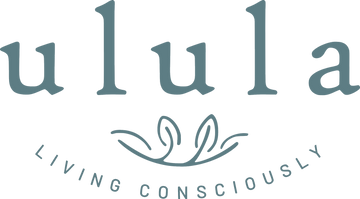Allergy to cow milk
Feeding in the event of an allergy to cow milk
If an allergy to cow milk has been determined, then you must not give your baby any cow milk and also no products that contain cow milk in any form. Fortunately, an allergy to cow milk can often disappear. Hence, many toddlers who are affected can tolerate milk and milk products without any problem around their 3rd birthday. You should talk to your paediatrician about when cow milk can be reintroduced.
In the event of an allergy to cow milk:
- The classical starting and follow-on formulas that are based on cow milk are not suitable.
- Even hidden milk components such as milk powder, casein, and cream have to be avoided. In case of doubt, ask the manufacturer!
Based on the state of the art in food science, hypoallergenic food (HA food) provides the most effective protection for the prevention of a potential cow milk allergy when it comes to breast milk replacement products. The cow milk protein in it is broken down to the greatest possible extent so that its allergy-inducing properties are reduced considerably.
Since hypoallergenic food is based on cow milk, it still contains a certain amount of more or less intact protein components. An immune system that is already on alert status will react to that. Therefore, HA milk foods are unsuitable for an existing allergy to cow milk protein and must also no longer be given. In such a case, semi-elemental food must be given. The special feature here are the protein hydrolysates, that are highly broken down. The other nutrients such as carbohydrates, milk fat, vitamins and minerals are added based on the building block principle.
Plant milks such as soy milk, oat milk and almond milk are not suitable substitutes for breast milk because important nutrients are missing. Such products should be used as a beverage after the transition to family food at the earliest (approx. after the 1st year), if variety in the meal plan is desired.


